In a compelling and historic meeting, Prime Ministers Viktor Orbán of Hungary and Robert Fico of Slovakia came together to discuss the unprecedented closeness of their bilateral relations and the shared vision for their countries’ futures within the European Union. This dialogue, marked by candid reflections and mutual respect, highlights the evolving dynamics not only between Hungary and Slovakia but also within the broader European political landscape.
Their conversation delved into crucial topics such as sovereignty, energy cooperation, migration policies, and the ongoing war in Ukraine. As two influential leaders from Central Europe, their united stance offers fresh perspectives on the challenges and opportunities facing their nations and the EU as a whole.
Here, we explore the key highlights and insights from their exchange, revealing how courage, pragmatism, and respect for national interests are shaping the best-ever Slovak-Hungarian relationship.
Building the Best-Ever Slovak-Hungarian Relationship
Prime Minister Robert Fico warmly welcomed Viktor Orbán, expressing gratitude for his official visit and emphasizing the remarkable progress in Slovak-Hungarian relations over the past decade and a half. “Without any exaggeration, we can say that today, we are living in the best ever Slovak-Hungarian relationship,” Orbán affirmed.
Fico highlighted that this success was the result of persistent efforts and courageous decisions taken by both sides. Orbán echoed this sentiment, thanking Fico for his bravery, friendship, and initiatives that have strengthened ties between their countries.
One of the most significant aspects of their cooperation is the respect and support for minority communities. Orbán stated, “In Hungary, we consider the Slovak national groups and communities living among us to be a very valuable and respectable part of our country. We will do everything to help them preserve their identity as well as their cultural and even political identity.”
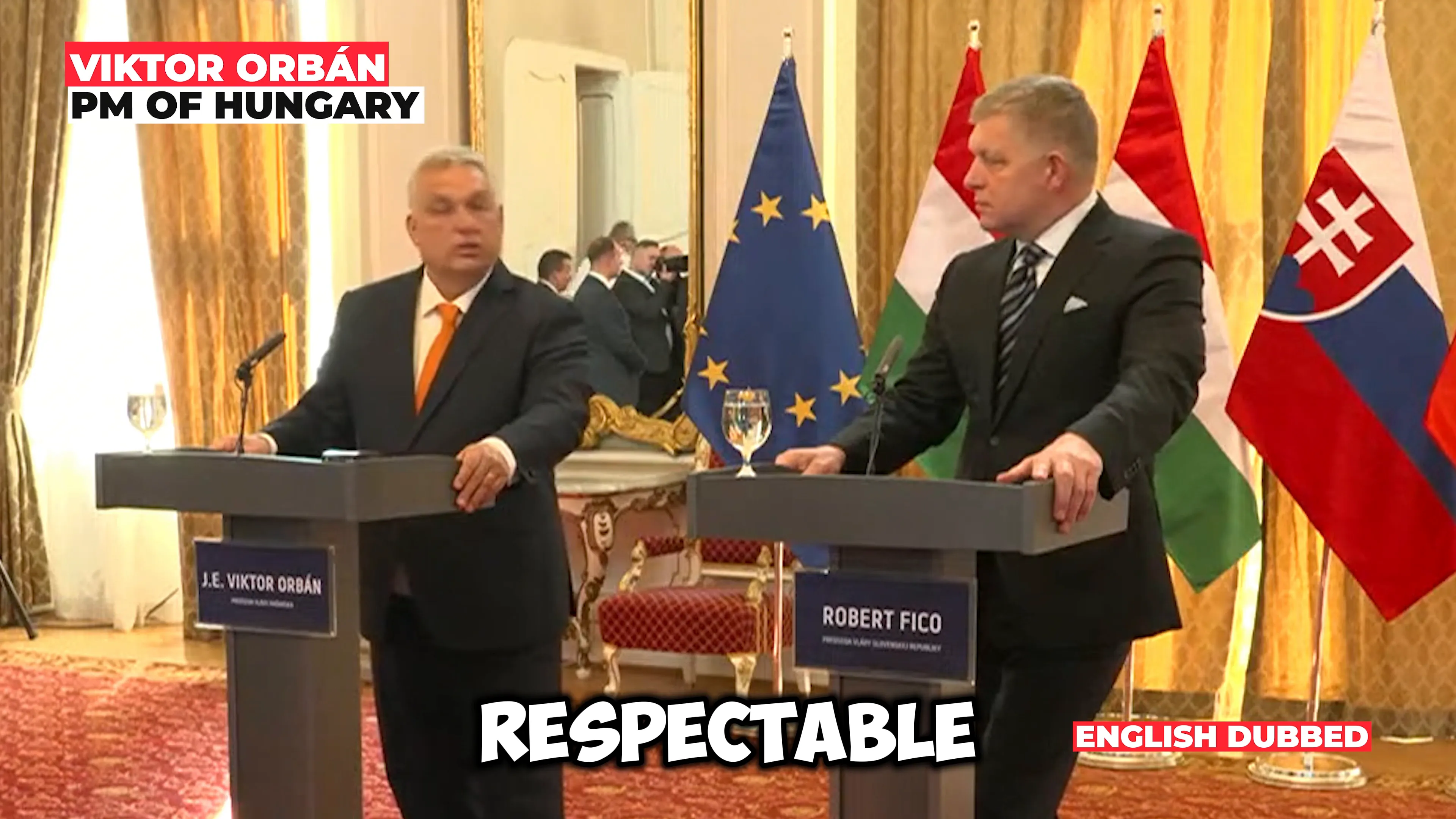
Fico reciprocated this respect, noting the peaceful coexistence of Hungarian nationality citizens in Slovakia and Slovak citizens. He expressed pride in the harmony achieved and the readiness of both prime ministers to resolve any potential disputes promptly through direct dialogue.
Energy Cooperation: A Pillar of Mutual Support
Energy security and cooperation emerged as a critical pillar in their discussions. Fico expressed his gratitude for Hungary’s support in ensuring energy supplies to Slovakia, particularly emphasizing the importance of gas flowing through Hungary. “Gas is currently flowing to us mainly through Hungary,” he stated.
Orbán confirmed Hungary’s commitment not only to current energy cooperation but also to restoring gas supplies through Ukraine toward the west — a move deemed vital for Slovakia and Europe’s broader energy stability.
The two leaders also exchanged information on nuclear energy, a field where Slovakia is notably advanced. A significant portion of Slovakia’s electricity consumption comes from nuclear power plants, and there is ongoing cooperation between Slovak and Hungarian companies on nuclear projects within Hungary. This collaboration exemplifies the industrial and technological synergy between the two nations.
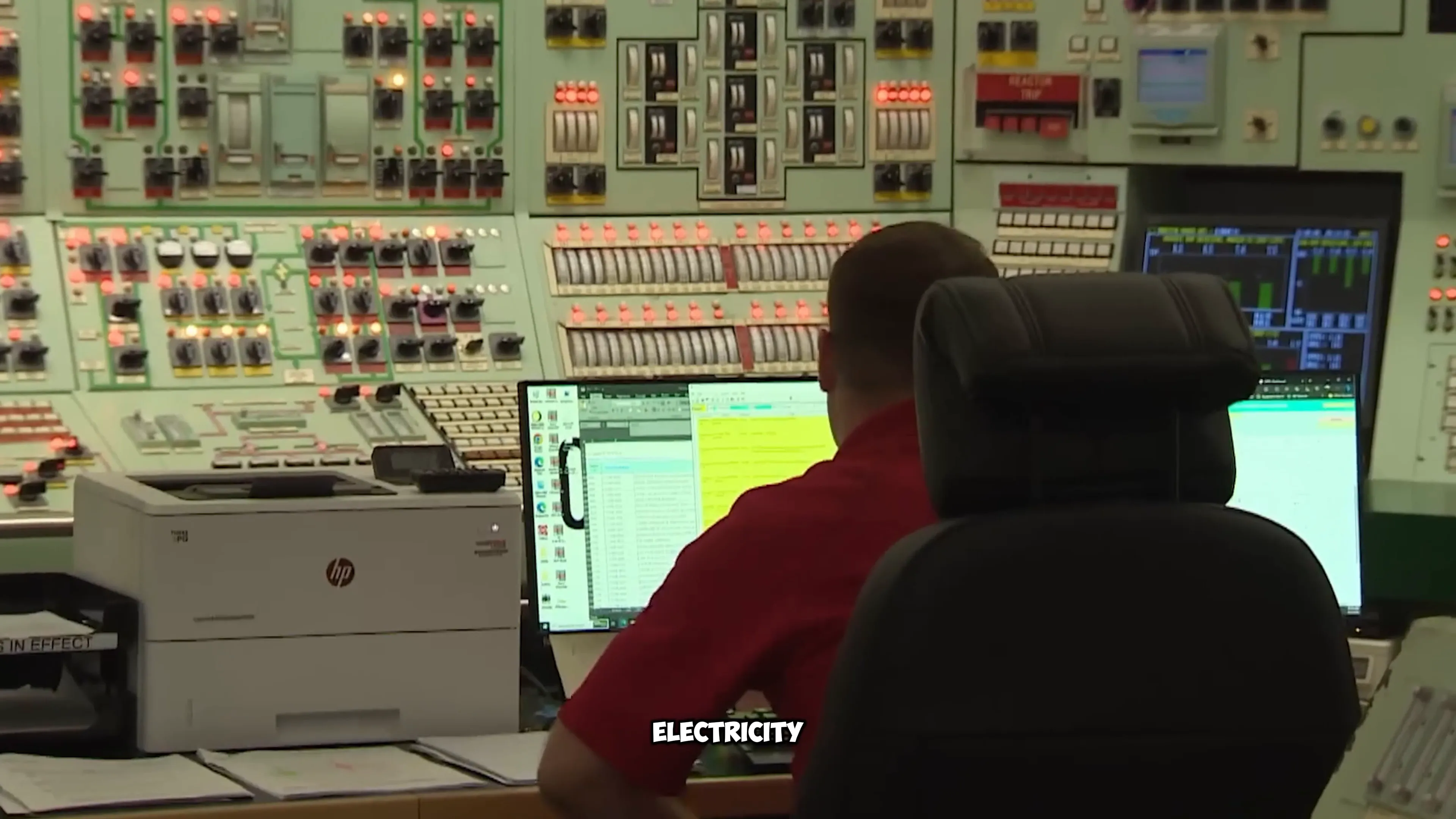
Shared Industrial Strength and Economic Interests
Both countries are modern industrial nations, and they share a common interest in protecting their economies from the negative impacts of the ongoing war in Ukraine. Orbán underlined, “Both of our countries are modern industrial nations; Slovakia is a modern industrial country. Therefore, it is in our shared interest that the war in Ukraine does not weaken our economies.”
The leaders discussed three main issues in detail: peace, sovereignty, and energy supply. Their alignment on these matters is a testament to the deepening trust and cooperation between Slovakia and Hungary.
Fico emphasized their shared international political views, stating, “We are in favor of the immediate end of the war in Ukraine. We reject all military operations whose goal is to prolong this war.” He expressed hope that the ongoing efforts by the US administration would lead to a peaceful resolution.
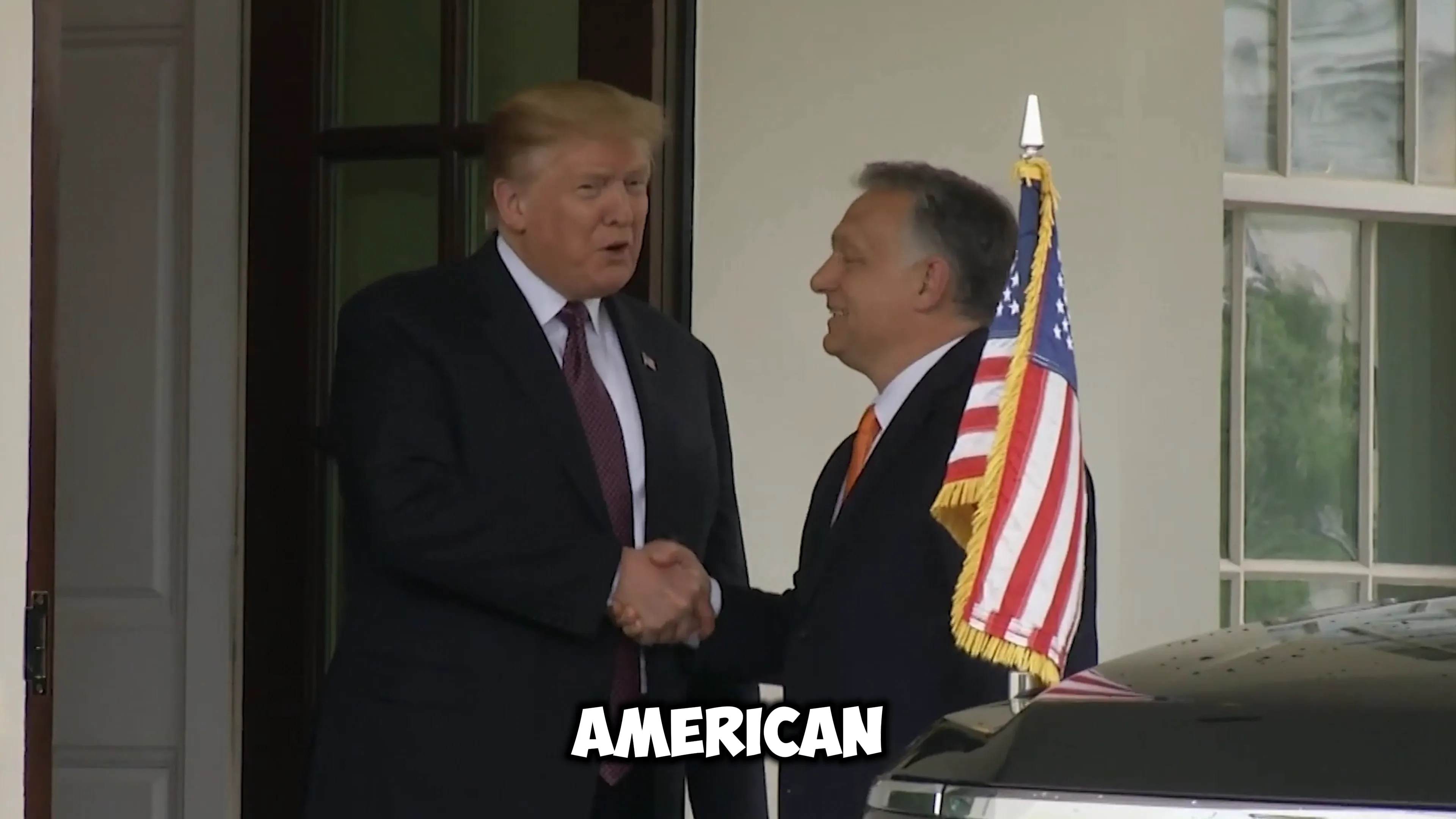
Welcoming Peace Initiatives and Rejecting Prolonged Conflict
Orbán reinforced the importance of peace initiatives, particularly the American efforts to foster dialogue between Russia and the US. He noted, “The mere fact that Russian-American negotiations are taking place has already created a situation where the risk of escalation has essentially disappeared.”
He expressed conviction that the war in Ukraine has no military solution and stressed the responsibility of Europeans in Brussels to support peace initiatives. This perspective reflects a pragmatic approach to international diplomacy, prioritizing stability and dialogue over continued conflict.
The two leaders also reflected on their cooperation in managing illegal migration, a shared concern that has shaped their policies and actions within the EU.
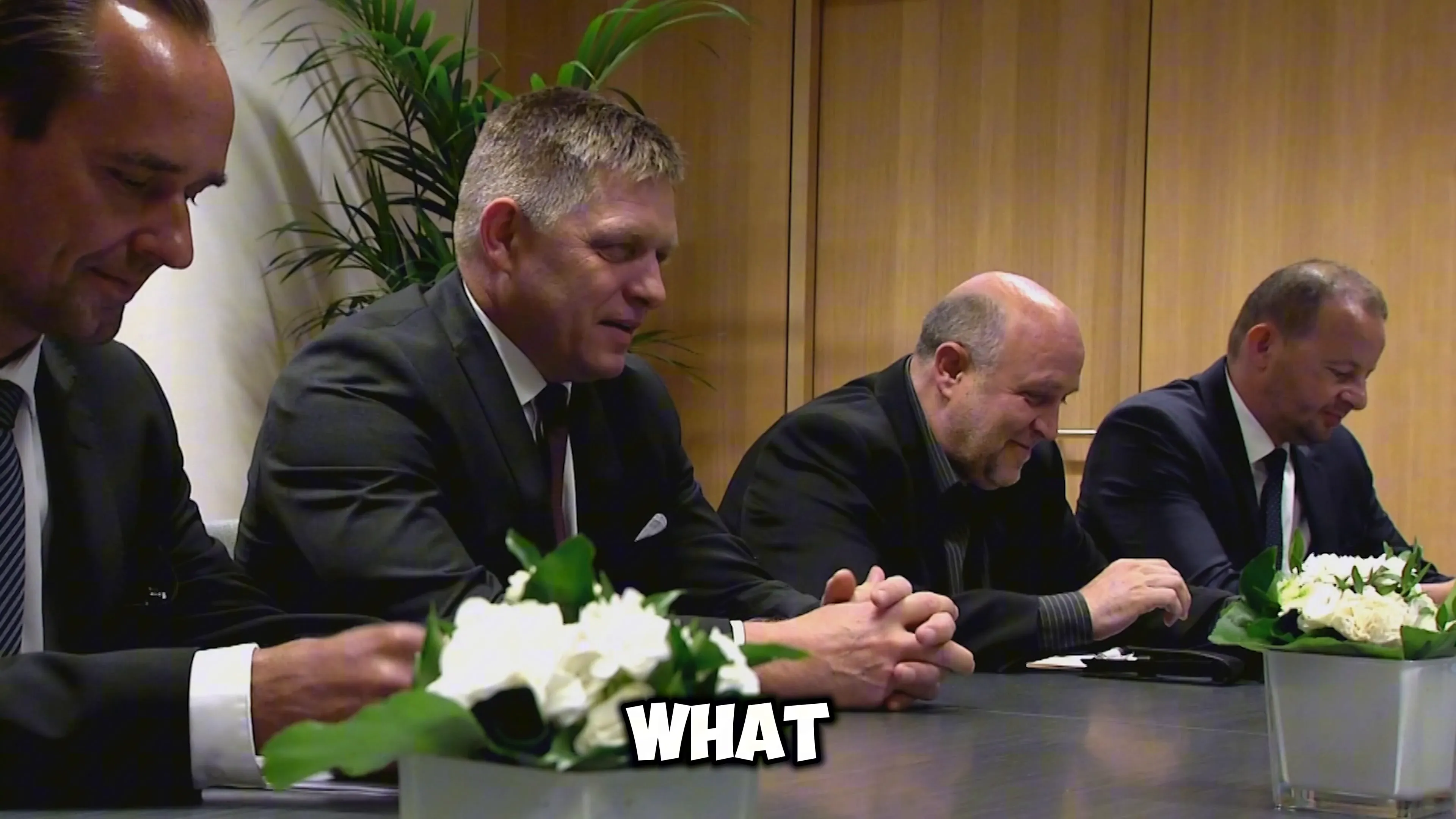
Defending Sovereignty and Migration Policies
Prime Minister Fico was emphatic about the importance of respecting sovereign positions within the EU. “As Prime Minister of the Slovak Republic, I will never agree to anyone in the EU being punished for holding sovereign positions and views,” he declared. This stance underscores a firm commitment to national interests and democratic representation.
Orbán echoed these views on migration, stating that no country should have its sovereignty limited in deciding migration policies. “Who we live together with must be our own decision stemming from national sovereignty,” he said. Hungary proudly maintains its status as a migrant-free country and refuses to sacrifice its children’s future for what it considers failed migration policies.
The two leaders share a common critique of the EU’s current trajectory, particularly concerning the potential abolition of the right of veto. Fico warned, “I cannot imagine the EU functioning on the principle of decision-making by large powerful states, with decisions that smaller states would then have to accept.”
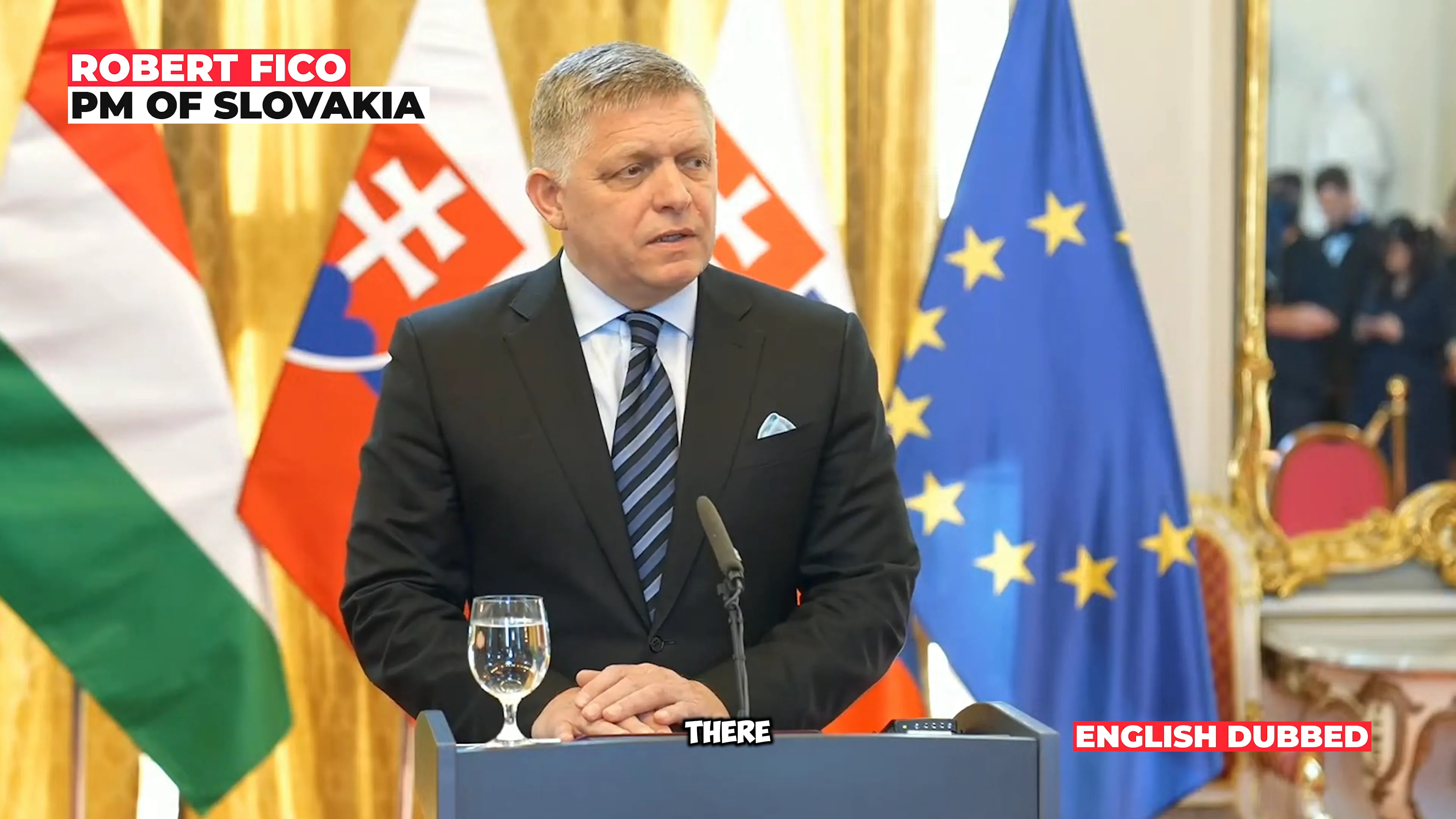
The Right of Veto: Guardian of Sovereignty
Orbán passionately defended the necessity of unanimity in foreign policy decisions within the EU, emphasizing that losing this would endanger the sovereignty of member states and could drag countries into conflicts against their will. He explained, “So in matters of foreign policy, unanimity cannot be given up because that would practically eliminate the sovereignty of our states.”
When questioned about European values, Orbán offered a nuanced answer that blends values with national interests. “The European Union has 27 member states, and there are 27 national interests at this moment,” he said, highlighting the complexity of balancing unity with diversity.
Fico supported this view, asserting that the EU’s strength lies in respecting the sovereign positions of its members and returning to core values like democracy and the rule of law. He voiced concern about proposals to change foundational treaties to allow qualified majority voting on fundamental issues, fearing this could marginalize smaller states and undermine the EU’s democratic fabric.
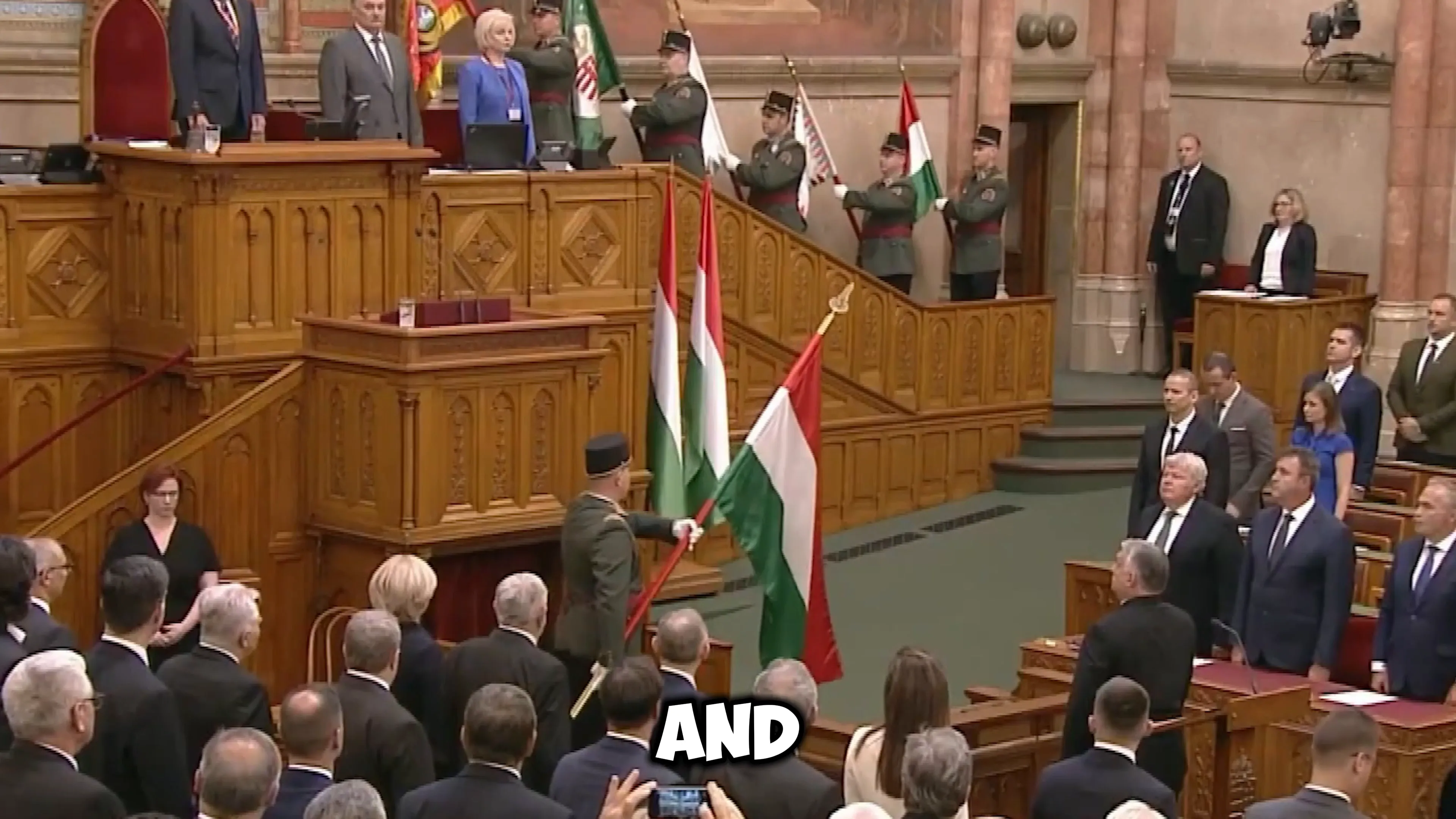
Concerns Over EU’s Future and Enlargement Policies
Both leaders expressed apprehension about the potential sidelining of prepared candidate countries in favor of Ukraine’s accelerated EU accession, despite Ukraine not being ready. Fico remarked, “The greatest tragedy will be if a political decision is made that says all these countries, which have been working for years and preparing to join the EU, will be sidelined so we can accept Ukraine, which is nowhere near ready for EU membership.”
He called on EU leaders to listen rather than dictate to member states, expressing shock at dismissive remarks about diplomatic visits to Moscow. “Ms. Kallas is not my superior—I am, after all, the Prime Minister of a sovereign state,” Fico asserted, underscoring the importance of respect for national sovereignty within EU diplomacy.
Orbán added that powers are continuously being eroded from member states, a trend he finds disrespectful. He highlighted that Brussels should show genuine respect to member states by honoring their interests, not just symbolically.
Democracy Resides in Member States, Not Brussels
Orbán offered a philosophical perspective on democracy in the EU, challenging the notion that Brussels is the guardian of democratic values. “Brussels is full of bureaucrats, and bureaucrats are not friends of democracy at all. Bureaucrats are friends of bureaucracy,” he said bluntly. “Democracy is not in Brussels; it is in the member states.”
He further argued that Slovakia and Hungary themselves guarantee the democratic nature of Brussels against its bureaucracy, a striking reversal of the typical narrative about EU governance.
Fico echoed these concerns, warning that abolishing the right of veto would be a step toward the dissolution of the European Union. “On behalf of the Slovak Republic, I want to say that we will never—I repeat, never—agree to any changes to fundamental treaties that would lead to such a step,” he declared.
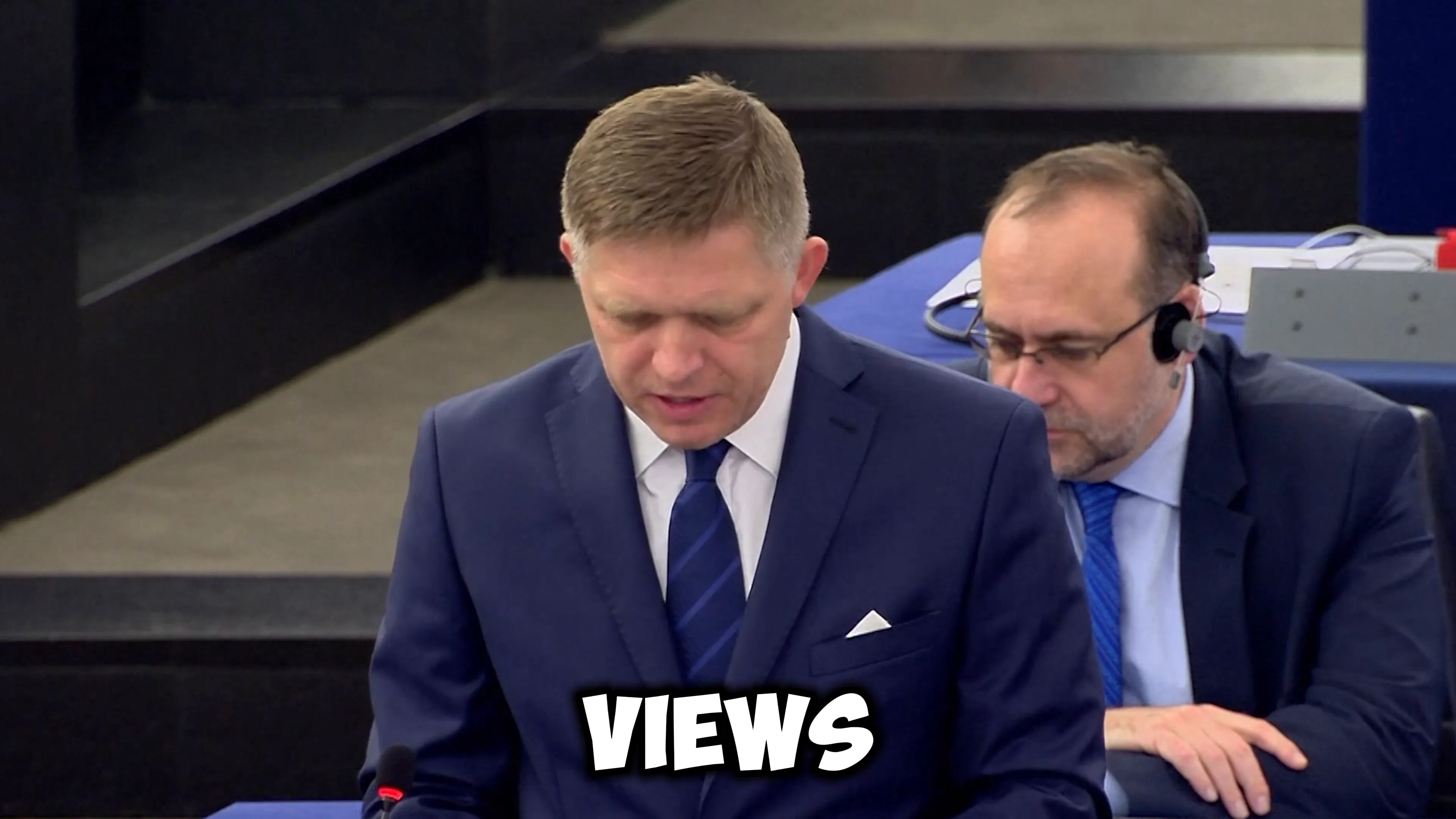
Looking Ahead: Strengthening Regional Cooperation and Bilateral Ties
Looking beyond the EU’s internal challenges, Fico highlighted the importance of regional cooperation. With Hungary set to take over the presidency of the Visegrad Four countries, he called on Orbán to revive this crucial alliance, which had been deliberately weakened due to its influence in representing over 60 million people and defending national interests within the EU.
Fico pledged his support to Orbán in restoring the Visegrad Four’s functioning, emphasizing the alliance’s value in regional solidarity and political advocacy.
Bilateral cooperation between Slovakia and Hungary continues to thrive, especially in infrastructure development. Orbán mentioned plans for new roads, bridges, and railway connections, aiming to enhance connectivity and economic integration between the two nations. He recalled the progress made in increasing border crossing points from 22 to 40, with ambitions to expand further.
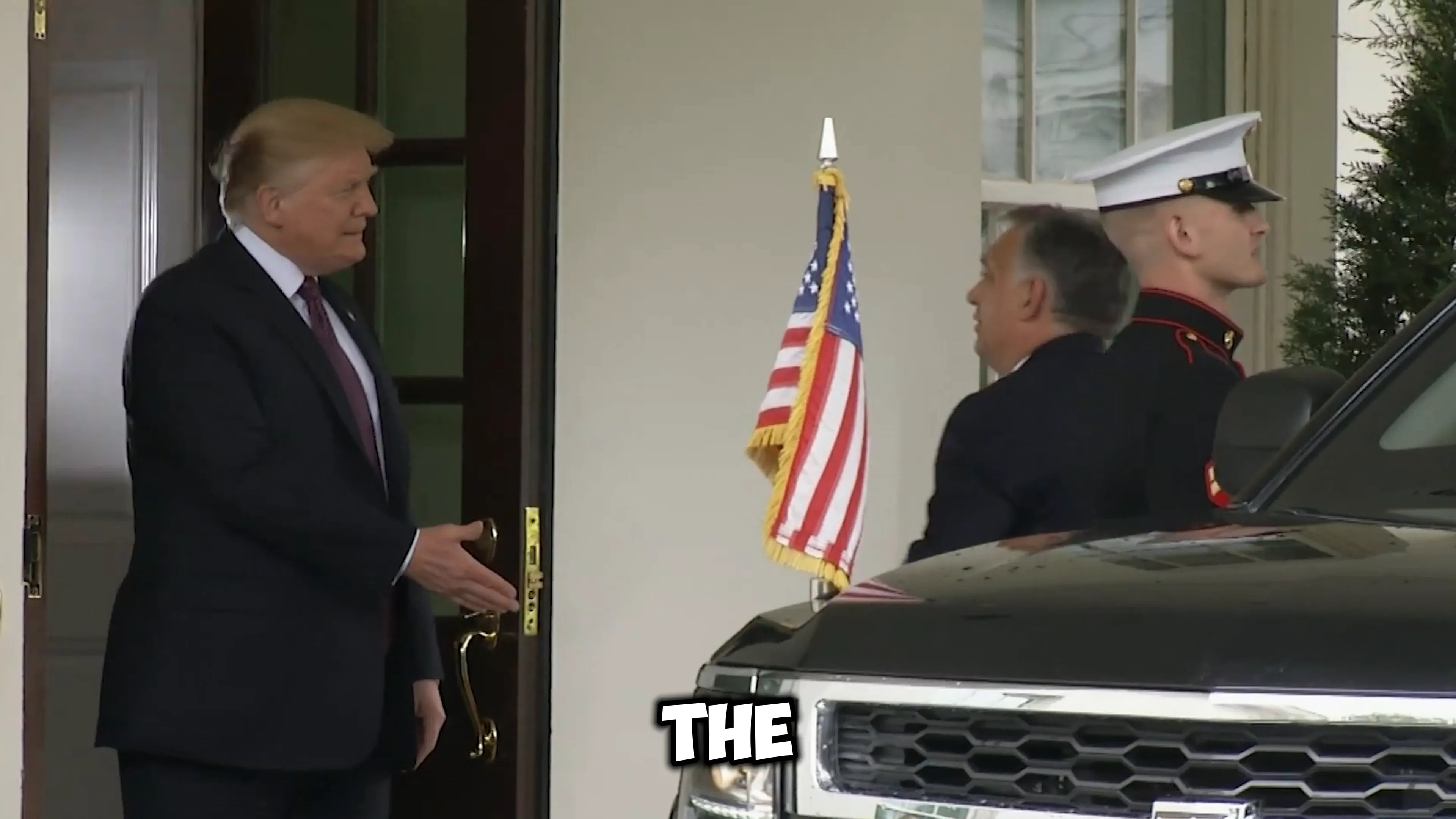
Conclusion: A Partnership Rooted in Sovereignty and Mutual Respect
The dialogue between Viktor Orbán and Robert Fico reveals a partnership deeply rooted in respect for sovereignty, pragmatic cooperation, and a shared vision for their countries’ futures amidst the complexities of the European Union. They stand united in defending national interests, supporting peace, and fostering economic collaboration.
Their candid discussion serves as a reminder that the strength of the EU lies in the respect for its diverse member states and their sovereign decisions. The emphasis on dialogue, sovereignty, and regional cooperation offers a blueprint for managing the delicate balance between unity and national identity in Europe.
As veterans of politics with considerable experience, Orbán and Fico demonstrate that courage and mutual respect can overcome historical challenges and pave the way for a stronger, more cooperative Central Europe.
